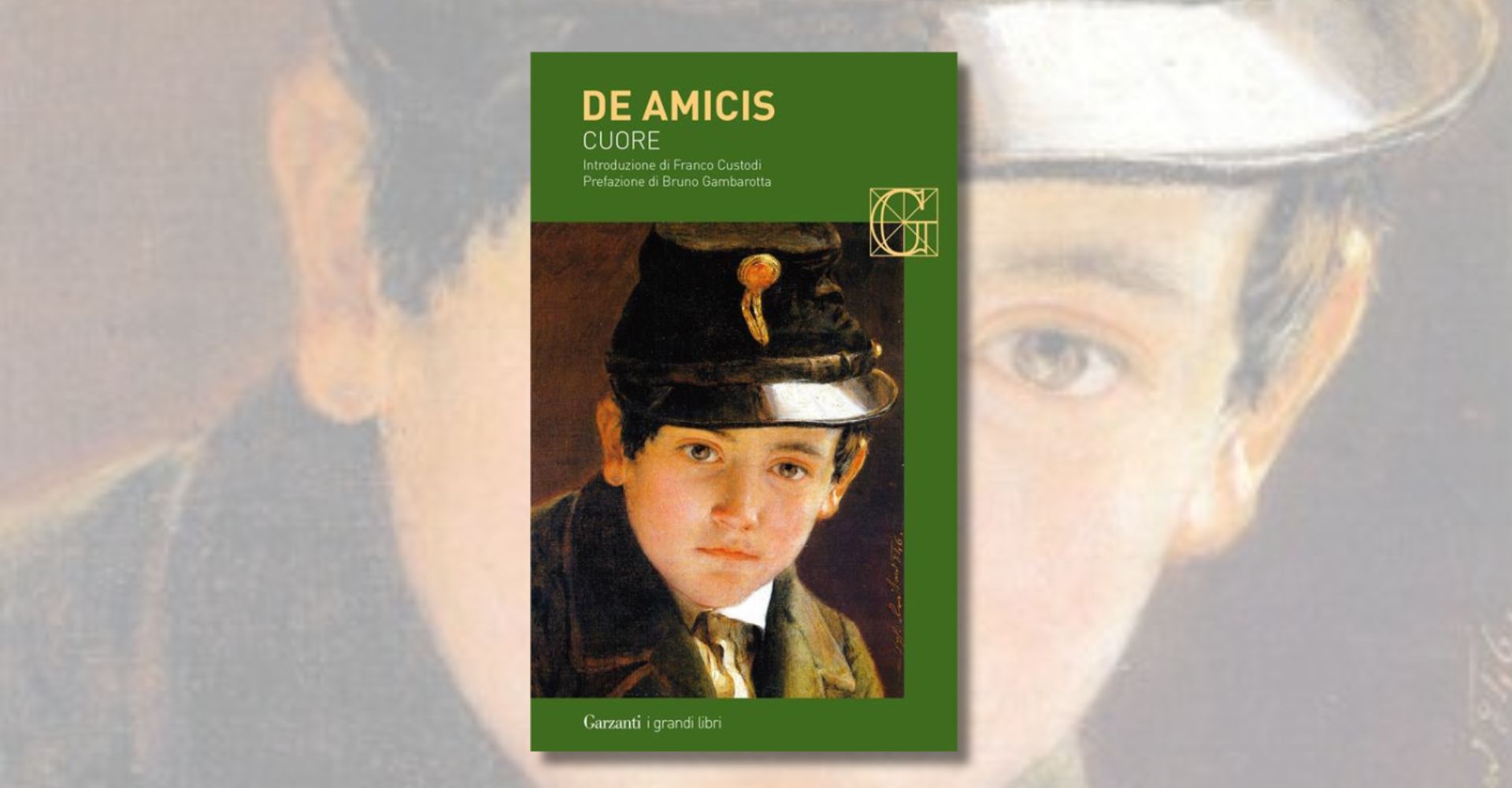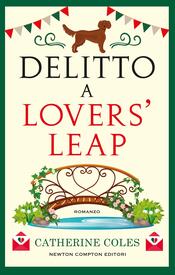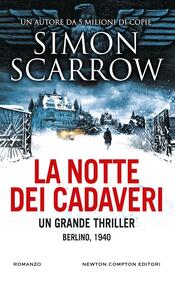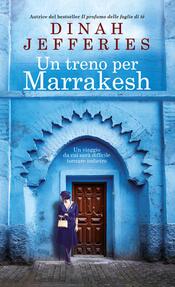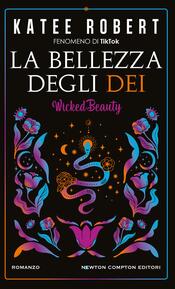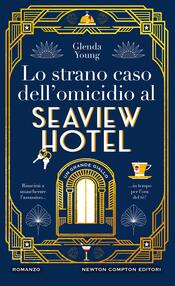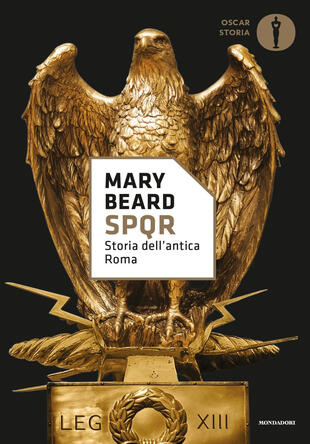

Sinossi
Nel 212 d.C., con un decreto dell'imperatore Caracalla, veniva concessa la cittadinanza romana a tutti gli abitanti liberi dell'impero. Una decisione rivoluzionaria, che tuttavia portava a termine un processo avviato quasi mille anni prima da Romolo, il leggendario fondatore di Roma, il quale, con un gesto inconsueto per le civiltà antiche, aveva invitato gli stranieri, i diseredati, i profughi e gli esiliati a unirsi a lui, trasformandoli di fatto in cittadini romani. Fu questa disponibilità ad accogliere nuovi arrivati a fare di un piccolo e insignificante villaggio sorto sulle rive del Tevere una potenza in grado di dominare un territorio che si estendeva dalla Spagna alla Siria, dalla Germania al Sahara? A partire da questo interrogativo, Mary Beard in "SPQR" ci offre una nuova visione della storia di Roma, una storia caratterizzata da incredibili miti fondativi e grandi istituzioni politiche e sociali, da straordinarie conquiste militari e stupefacenti opere architettoniche, nonché, naturalmente, dalle gesta delle personalità più celebri del mondo romano. Ma anche una storia che le innumerevoli testimonianze, non solo letterarie, ci consentono di conoscere fin nei minimi dettagli, rendendoci partecipi della vita quotidiana - quasi sempre difficile - della gente comune, degli intrighi e delle lotte per il potere, delle atroci violenze che accompagnavano le imprese belliche, come pure dell'estrema vitalità e grandezza di un mondo globalizzato e in perpetuo movimento.
- ISBN:
- Casa Editrice:
- Pagine: 554
- Data di uscita: 21-11-2017
Recensioni
Mary Beard writes about how Rome grew, not about why it collapsed. That focus is rare in books about Rome. And she doesn't look at Rome out of admiration, or as a guide to how the world works (the past repeats in the present, etc..) "The Romans were as divided about how they thought the world worked Leggi tutto
In spite of her incessant, unsubstantiated opinions, in spite of her chatty conjectures, in spite of her tenuous statements directly followed by her own contradictory analytics, (Mary loves talking to herself) in spite of the absolutely needless references to contemporary culture and politicians, Ma Leggi tutto
Given the 5o years Mary Beard poured into the crafting of this book, and my own interest in the subject matter, I was tempted to give this four stars, but kept getting hung up by the author's decision to fall sway to the modern trends in academia of giving a postmodernist veneer to any narrative. Pl Leggi tutto
Historian Mary Beard covers the first 1000 years of Roman history, from its humble beginnings when (supposedly) Romulus killed his brother Remus before founding what would become the city of Rome, to around the time when Christianity sunk its fangs into the empire to become its main religion, in SPQ Leggi tutto
SPQR: "The Senate and People of Rome" Ancient Rome. Birthplace of so many impressive inventions we take for granted nowadays. We think we know so many things about this place, have heard half-truths or old theories by historians. Mary Beard sifted through all of that to search for the truth (or as clo Leggi tutto
Let's get this out of the way: this is in no way a history of ancient Rome; this is a history of Rome from its mythical founding up till the year 212. It's heavily biased towards the Republic and the transition to Imperial structures, so you learn virtually nothing about the last, say, 150 of the ye Leggi tutto
Smart, smart, smart and so readable that you will be tempted to sit up all night in order to finish it. Not that I did, of course. Okay, I did. Because it is history written with common sense, a point of view and a healthy level of snark just to keep things interesting. I am not going to sprinkle qu Leggi tutto
Citazioni
Al momento non ci sono citazioni, inserisci tu la prima!

